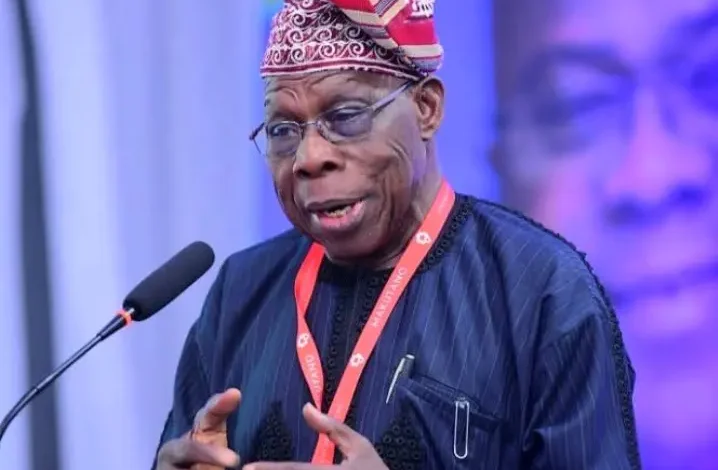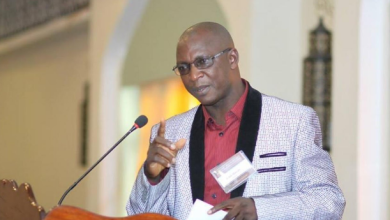Lead
Obasanjo calls for re-examination of Africa’s governance systems

Former Nigerian President, Chief Olusegun Obasanjo, has called for a re-examination of governance systems in Africa to achieve African Renaissance.
Chief Obasanjo said this at the 32nd Afreximbank Annual Meetings (AAM2025) on Thursday in Abuja, while emphasising that Africa’s progress depends on its leaders’ ability to work together and prioritize the continent’s interests.
Obasanjo suggested that the current system of Western liberal democracy, inherited from colonial powers, may not be working in the best interests of the continent and needed to be reviewed.
He highlighted that Africa’s pre-colonial systems of governance, which emphasised communalism and collective decision-making, could provide valuable lessons for modern governance and help stop corruption.
Obasanjo identified eight African countries, including Nigeria, Egypt, and South Africa, as possessing significant economic and demographic strength, but noted that they were not moving at the desired pace.
He emphasised the need for leaders to be equipped with the knowledge needed to navigate the complexities of the global economy and develop policies that relate to the situation of the world.
Responding to what was needed to get the lions to move, he said leaders should be equipped with the knowledge needed to navigate the complexities of the global economy.
“ How much of the world do our leaders understand? What does the world owe us as Africans?
“If we have knowledge, we will get the right policies starting from the community level to the national, sub-regional and continental level, and those policies will relate to the situation of the world we are in.”
He cited examples of success stories, such as Ethiopia’s self-sufficiency in wheat production, Afreximbank’s Pan-African Payment and Settlement System (PAPSS), and the African Continental Free Trade Area (AfCFTA), which offered platforms for economic integration and cooperation.
Obasanjo urged African leaders to learn from success stories and build on areas where progress has been made, saying, “There are other areas that are working, we should learn from ourselves and we will get the lions to move and when they move the cubs will follow the lions.”



